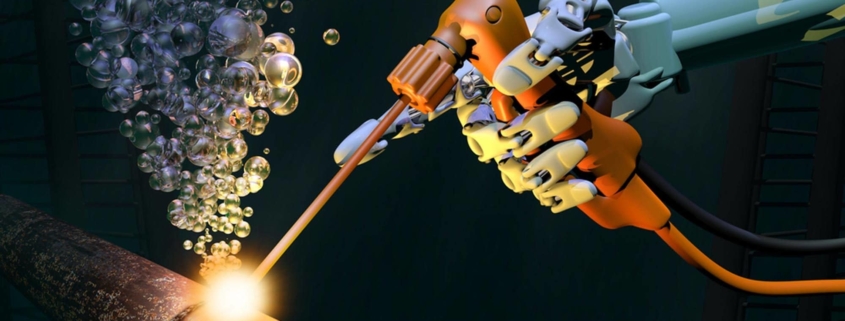The Dangers of Underwater Welding
Underwater welders with a stream of projects and a strong reputation in the field can clear six figures annually, making this an in-demand job for those interested in working offshore. However, this high-paying job comes at a price. It’s known for being extremely dangerous, and welders put themselves at substantial risk every time they take a job. While some risks can be minimized with experience and training, others are present regardless of a welder’s skill. If you work in this field, it’s important to be aware of the risks you face and know what to do if you are injured on the job.
If you’ve suffered injuries while working offshore or on a boat, Fuquay Law Firm is ready to fight for the compensation you’re owed. Call us at 251-219-0329 to schedule a consultation now.
Drowning
Drowning is an ever-present risk for underwater welders. Even a welder with years and years of experience can find themselves overwhelmed and unable to think clearly if they get tangled in their lines or weighed down by their equipment. This risk is even greater when experienced welders get complacent about their safety protocols. Properly checking all equipment and air tanks before starting a job is not optional and must be a top priority.
Hypothermia
Proper underwater gear can significantly decrease the risk of hypothermia but working in cold water is always risky. Underwater welders must stick to a tight schedule to avoid being underwater long enough for hypothermia to develop. This is one area where experience matters. An experienced welder knows their limits and when to call it a day, while a new welder might try to push themselves past their limits to impress an employer.
Animal Attacks
Marine life is unpredictable and oftentimes dangerous. The equipment welders use to work can draw the attention of underwater sea life, putting them at risk of an attack by sharks and other predators. Familiarity with the body of water you’re working in can minimize these dangers.
Decompression Sickness
Otherwise known as the bends, decompression sickness occurs when an individual experiences a rapid decrease in the pressure around them. This illness most commonly affects scuba divers and deep-sea divers. When leaving a body of water, a diver must follow a strict ascension schedule that generally involves going no more than 30 feet per minute. The deeper you are, the longer it takes to acclimate to lower pressure levels. When someone suffers decompression sickness, nitrogen bubbles can enter the diver’s bloodstream and cause serious illness.
Explosions
The process of welding may create hydrogen and oxygen pockets in the water. Should these gases catch fire, a serious explosion may follow. These explosions are often fatal for the underwater welder. Experience is useful in this situation, as an experienced welder may hear the telltale popping sound of gases accumulating. This allows them to find the source of the problem and resolve it before it explodes.
Hearing Loss
Both temporary and permanent hearing loss can occur as the result of extended time underwater. The amount of pressure put on your body underwater is enormous, and this pressure can cause significant damage to your ears. Hearing loss can permanently impact your quality of life and your ability to continue working as an underwater welder.
Electric Shock
Using the proper equipment is essential for underwater welders. Equipment that has not been properly waterproofed or insulated puts welders in harm’s way. Unsafe equipment can cause electric shock and severe injuries.
What to Do After an Underwater Welding Injury
Underwater welding injuries are often severe or even fatal. Even if a welder survives, there is always the chance that they will be unable to return to this line of work. This can seriously limit their ability to provide for their family and meet other obligations. That’s why it’s important to talk to a maritime injury lawyer and plan your next steps.
Reach Out to Fuquay Law Firm Today
At Fuquay Law Firm, we spend much of our time working with the victims of maritime injuries. If you’ve been hurt while working as an underwater welder, find out if you are entitled to compensation. Set up a time to talk now by calling us at 251-219-0329 or reaching out online.




Leave a Reply
Want to join the discussion?Feel free to contribute!